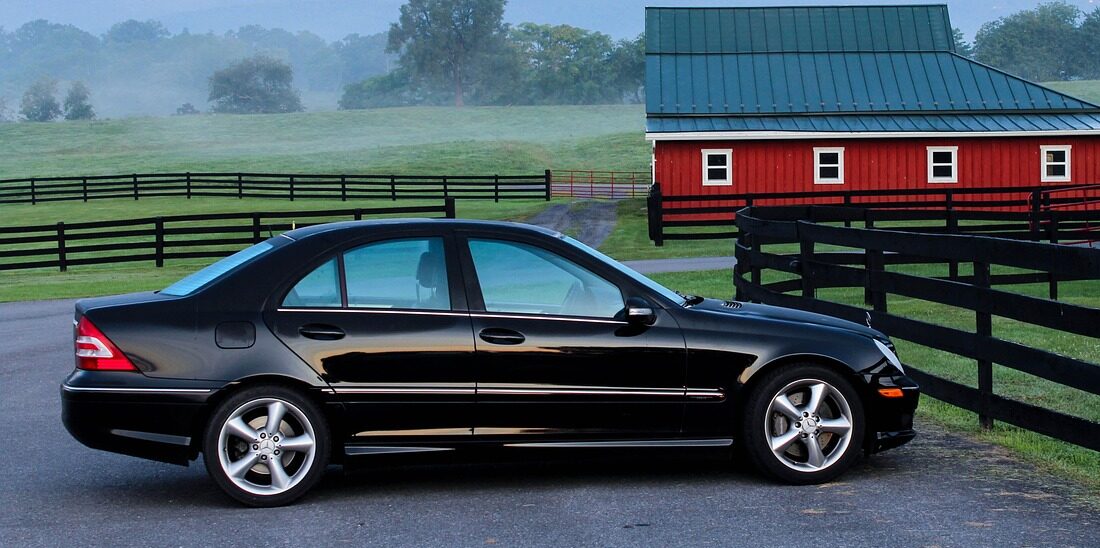An increasing number of Wisconsin cities and counties are turning to local wheel taxes to raise money for road maintenance and transportation needs. The proposed local wheel tax would be in addition to the state’s annual vehicle registration fee of $85.
Wisconsin allows its cities, counties, towns, or villages to impose another registration fee, known as a wheel tax. Local governments can use revenue from wheel taxes to pay for road maintenance and offset property taxes, according to a Wisconsin Policy Forum report.
Only four communities had a local wheel tax in 2011, compared to 53 municipalities and 14 counties that have one now. Ten municipalities have implemented a wheel tax in the past year alone. The fee typically ranges from $10-$40 annually. Wisconsin is seeing a rise in wheel taxes across the state. In fiscal year 2024 alone, local wheel taxes rose by 1.6% to $66.7 million.
The city of Eau Claire wants to raise its tax from $24 to $50, which would make the city the most expensive place to register a vehicle in the state at $165 annually. (Senator Johnson Announces Pledge to Donate Paychecks to Joseph Fund During Shutdown)
If approved by the Council, it would generate more than $1 million and will ensure that transportation-related functions are maintained at current service levels, according to Eau Claire City Manager Stephanie Hirsch.
Milwaukee wants to raise its tax from $30 to $40, an increase that could generate $2.6 million for the city, if Mayor Cavalier Johnson’s annual budget is approved.
Some Milwaukee council members, who must approve a resolution for an increase to go into effect, expressed uncertainty about the proposed raised wheel taxes at a recent meeting.
“That’s another burden that we’re putting on our residents, our citizens,” Milwaukee Alder Larresa Taylor said. “And I really would like to not put another burden on the people in our city.”
Alder Peter Burgelis wants to hear more from Milwaukee residents before making a decision. (RELATED: Van Orden Pushes Agricultural Reform to Protect U.S. Food Supply)
“I don’t think that anyone thinks we should be investing less in our roads,” Burgelis said. “This [wheel tax] is one way we can help pay for that, but the discussion can’t happen at the very last moment. We have to engage our residents.”

